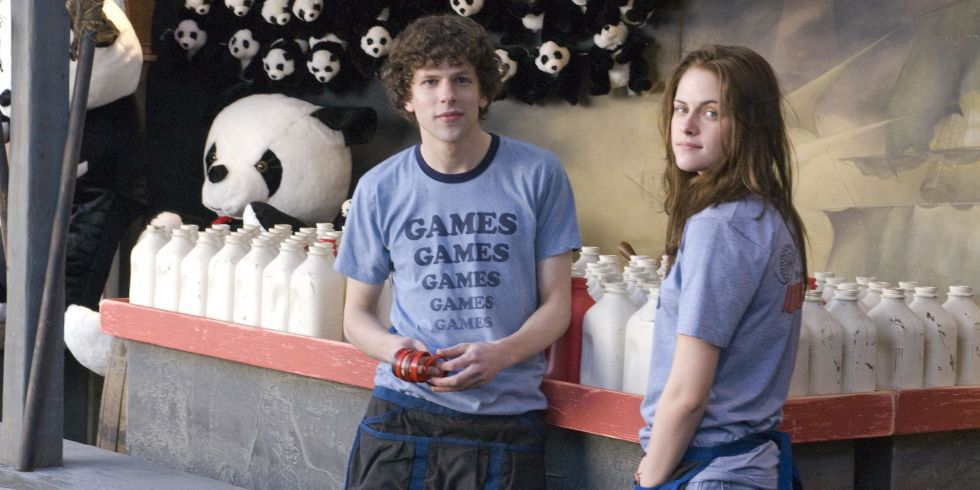There is a new class arriving on the horizon, and they are already coming in with fervor, motivation, and excitement. However, college is a different playing field entirely, and it comes with many great opportunities and adventures that are waiting to happen. But there will come a time when you will have to be professional, and your resumé will have to show for it. But what do you do? I have 5 tips that can make you stand out like a professional when going out into the real world.
1. Make some business cards
This, over everything else, is killer. When you have a set of business cards that are customized with your name, university, LinkedIn, and other personal highlights that are short, sweet, and to the point, you automatically show the people who you're networking with and those who you meet casually that you are prepared in whatever scenario you are to encounter. It is very helpful to have this kind of a backup since you will be meeting so many different people in all kinds of settings. It also makes you feel awesome to have a card that belongs to you!
2. Join no more than 3 campus organizations
Usually people recommend 2 max, but in all truths of the matter, you are going to try out more. Of course, you don't want to spread yourself out too thin, so make sure that you pick wisely. Try out the clubs on campus, ask them about their daily commitments. What works, what doesn't work, what is possible in the future, where they see their organization growing in the future and ask yourself, "Do I want to be part of this group?" If you say a definitive yes or no, stick to it. Chances are, you were right the first time. If there is hesitation, walk away. Again, more likely than not, something did not sit right with you, and you felt uneasy about joining it. If for some reason, every club is a strikeout, rethink under the mindset of what is outside of your comfort zone. Often times, the only barrier to trying something new is just not being in your comfort zone. Once you go through those steps, it becomes easy to find what you want to do and stay committed.
3. Find a job on campus
Now that you have clubs, classes, and a social life, it is time to look for a job. This also depends on a personal choice, but it will help professionally. Getting a job on campus can help with paying for small expenses, and can begin to give you some first hand experience in the working world. These can be really interesting opportunities or basic desk jobs-- what matters is the experience you're getting. If you feel to committed to your academics, you can skip this part entirely, but if you want to get something started, find a job, especially on campus! It helps with commuting times and people are typically friendly and very easy going.
4. Get to know the campus Career Services Center
They are there to help, and the number of resources that they have are immense. Sometimes they are seen as places where they give okay advice, but in reality, they are gold mines that haven't quite been tapped into yet.
5. Always do something over the summer.
(Yes, even Jesse Eisenberg and Kirsten Stewart do these) Seriously. And it doesn't have to be something big either. It can range from being an assistant at some small business handling paperwork or other things, to interning at a company, conducting research, or taking classes or learning a new skill. It adds to your resume and you will surely have a fun time doing it.























